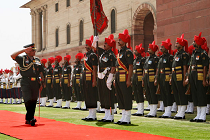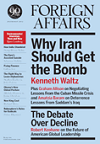Indian-Americans turn Democrat
The Indian-American voters in the U.S. seem to be prioritising their local concerns over the larger U.S.-India bilateral relationship. The Democrats, by facilitating the group’s greater inclusion in U.S. society, politics and businesses, have thus made this huge community lean largely in their favour.










